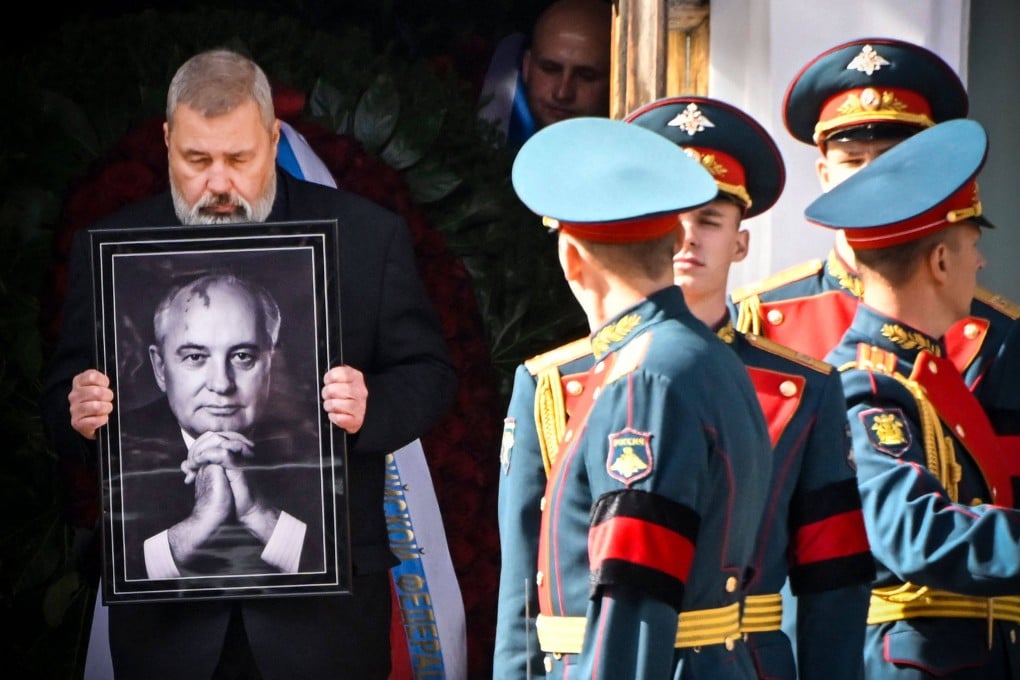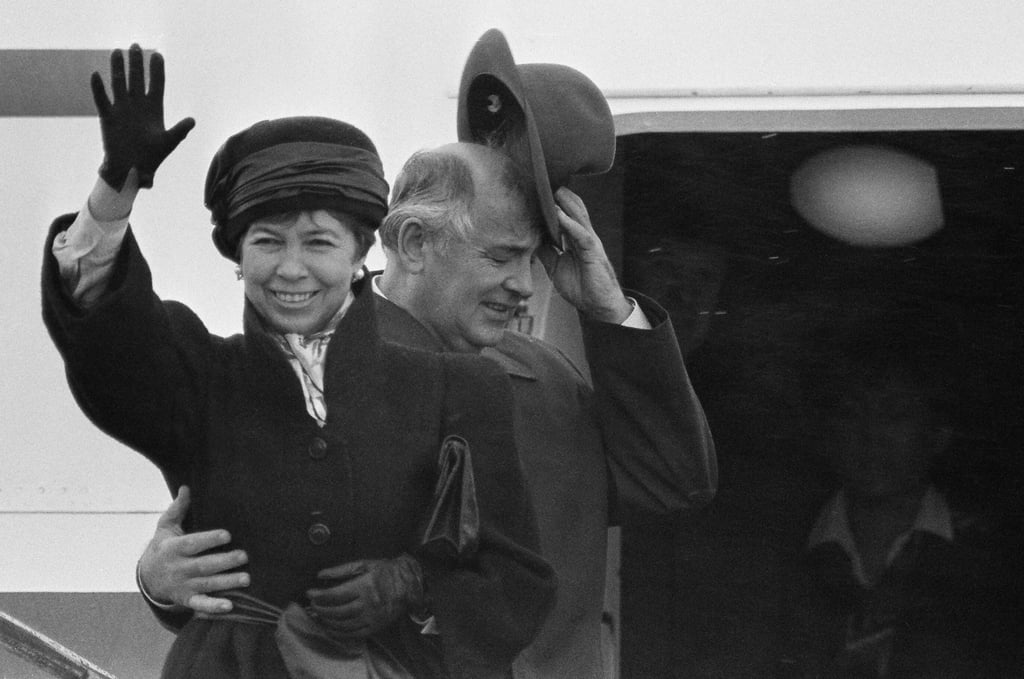Opinion | The lesson Mikhail Gorbachev’s legacy holds for Vladimir Putin and Xi Jinping
- Celebrated in the West for bringing an end to both the Soviet system and the Cold War, Gorbachev was unpopular at home and is seen as a cautionary tale in China
- There is much, however, that the current leaders of both Russia and China can learn from the Nobel Peace Prize winner

So who was the more intelligent Gorbachev – sharp and boisterous Mikhail or queenlike and laser-eyed Raisa Maximovna ? It is hard to say for sure, but you sensed that with her, you wouldn’t have to be the smartest person in the room to seem the smartest person in the room.
Glamour-wise, they were easily the match of any American first couple, though I was too young to have met the Kennedys in the 1960s.

Global political figures who rise to the top can come across as stiff, though some are simply easily bored. Surely Gorbachev was very easily bored; a long career in the Soviet political maze could not have been one big bowl of cherries.
But he had that ever-ready-to-banter glint in his eye, and during our chat he responded with delight to the suggestion that as the leader to end the dreary Soviet system and the Cold War, he might have been as popular a political figure in the United States as anyone. Lowering the prospect of international nuclear war can do wonders for one’s image.
“Da!” he said with emphatic merriment, when it was suggested, semi-jokingly, that if he’d run for office in California, he’d win by a landslide.
But back in Russia, public opinion was then, as now, rather a different tale, and there are valuable lessons to be extracted from his unpopularity at home. No doubt the nation’s plummet from prowess to chaos during his 1985-1991 run as top communist coincided with widespread Russian decompression.
